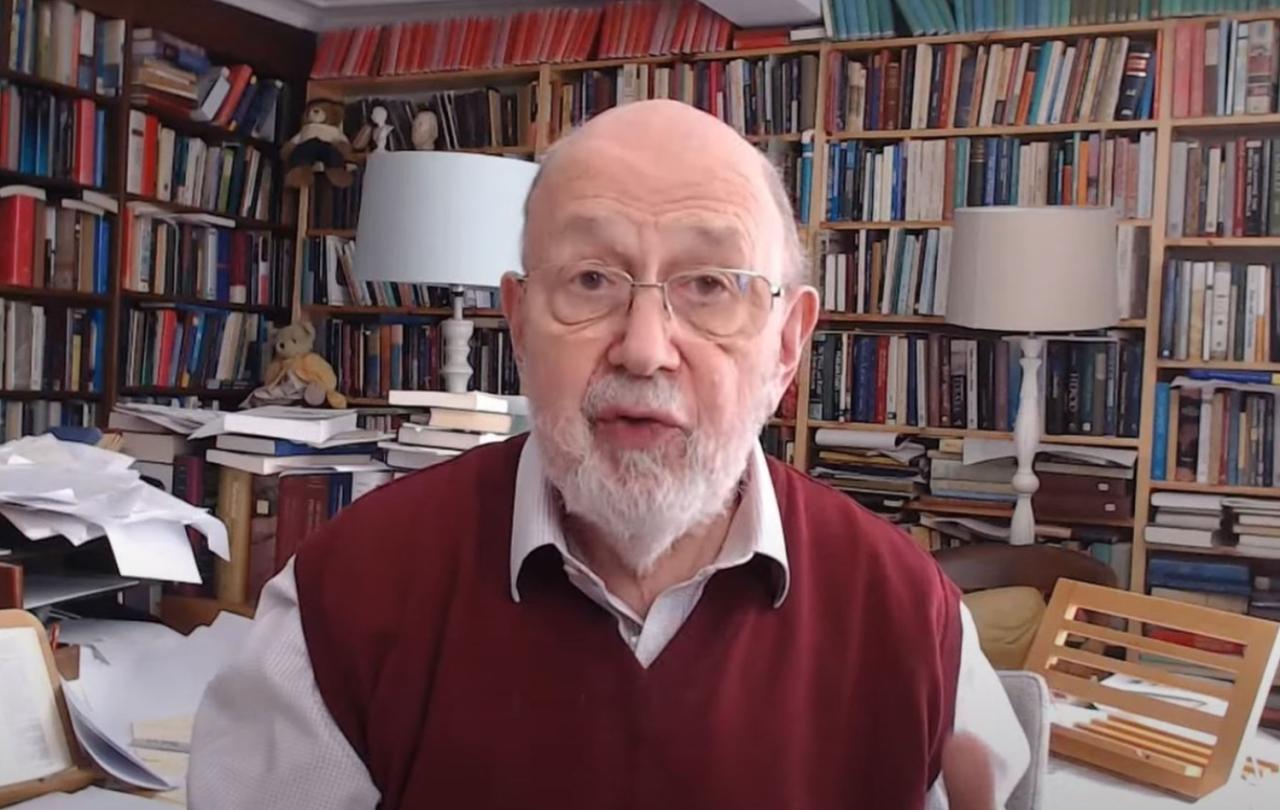In 1930’s Europe, there was certainly a lot of emotionally compelling politics around. Fascinated by the language and culture of the German people, thinker and educator Amy Buller made repeated visits to Germany from the 1920’s onwards, often accompanied by reading parties of British academics, church leaders and university students. In those decades, as the political landscape of Germany began to shift, her purpose became less about countryside walks and studying, and more about the facilitation of urgent, open and honest dialogue between Buller, her fellow travellers, and their German counterparts in the churches and universities wherever she had contacts. As Hitler rose to power, and even before the full horrors of Nazism became widely known, Amy was compelled to find out why so many people, especially young people, were being attracted by what she saw as a “brutish” ideology.
In 1943, amid the violence and destruction of World War II, Buller published a book, Darkness Over Germany, which gives a first-hand account of the many people that she and her travelling parties had met, and the conversations that had taken place. Like Maistre, Buller proposed that without God, politics was a dangerous kind of faith in something, one that tended towards violence. In the introduction to her book she writes of “…the tragedy of a whole generation of German youth, who, having no faith, made Nazism their religion.”
It’s common these days to hear complaints about the political apathy of the young, with polls commonly reporting that only about 50 per cent of British 18 to 24-year-olds are intending to vote in the next General Election. However, there are those who raise the caution that this may not be a symptom of apathy, so much as a symptom of the cultural and structural injustices that put barriers in the way of young people engaging with our nation’s political life. Young people are not likely to “believe in” a political system from which they feel excluded. As Buller’s writing notes – when this happens, young people are likely to put their “faith” in something else.
Maistre’s solution was perhaps too extreme for modern sensibilities: asking the politically minded populace to believe that their leaders were imbued with the authority of God, by God. In the twentieth-century, Buller took a more moderate view. As the Nazis began to view her with suspicion, trips to Germany became increasingly difficult to arrange, so she travelled elsewhere to places such as Hungary and Bulgaria. Wherever Buller went, she found more and more young people who wanted to talk to her about their political hopes and ideals. Summarising the whole, Buller suggested that Europe’s political landscape was eschewing “shallow rationalism” and instead being shaken by a “deep stirring” of emotion, particularly among young people. She recorded the observation:
“They all want change, and they all want a chance to play a part in that change, but so few have any religious faith, which means that they have few standards by which to judge between falsehood and truth in revolutionary movements.”
In a recent report, published by the Jo Cox Foundation, increasing the public’s “political literacy” was highlighted as a key response to prevent the outbreaks of abuse, intimidation and violence towards elected officials. As any educator will tell you, literacy is a two-way street – it includes not only the “shallow rationalism” of knowing information, or knowing where to access information, but also the ability to communicate that information effectively to others. Such communication comes from a much deeper, embodied kind of knowing, one which requires one to have assimilated knowledge and worked with it, feeling its malleability, and testing its apparent truth-claims against an internal standard of what is true and false, or right and wrong.
For Buller, this internal standard was inextricably linked to faith. To the end of her life, she remained open minded as to what form this faith might take, albeit her own religious practice was firmly Christian. Cumberland Lodge, the educational charity she set up to promote her aims, was from the start open to those of all faiths and none, and she warmly welcomed dialogue between those of different faith groups, including atheism. But in 1943, as Amy Buller looked with hope towards the prospect of a post-war Europe, she summed up the political landscape as follows:
We are now faced with the greater task of bringing healing to the nations, including our own, I am convinced this cannot be done without a faith in God adequate to the tremendous task of reconstruction.
Given Amy Buller’s open-mindedness, one can read the word “God” in this statement its broadest possible sense, as referring to whatever moral compass one takes as an internal standard of what is true and false, or right and wrong. But the point remains that the political will is therefore not a matter of rational thought, or not only of that, but is an expression of feelings and instincts that run far, far deeper.



